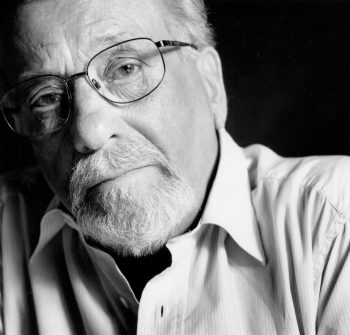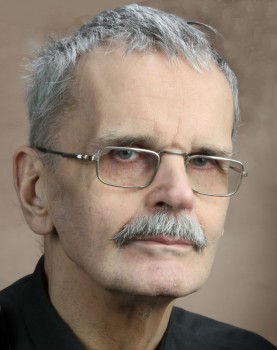Ingmar Svedberg
Issue 1/1976
| Archives online, Authors

Christer Kihlman. Photo: Magnus Weckström
In any account of Finnish literature written in Swedish during the 60s, the name of Christer Kihlman stands out clearly. For long influential in his native Finland, it is only more recently that he has become well known in Sweden.
Apart from his verse, all his works have been translated into Finnish and several of his novels have also appeared in other Scandinavian languages. Of late he has been writing for the theatre. Christer Kihlman has received important Finnish and Swedish literary prizes and in 1975 was appointed a professor of the arts. Kihlman was born in 1930.
Christer Kihlman’s writing bears many traces of the left-wing radicalism that has characterized much of the literature of the 60s and 70s. He has contributed actively to the discussion of cultural and political issues, both in his novels and in the articles he has written on a wide variety of problems. He has endeavoured to eliminate the conflict that normally arises between an author’s political activity and his creative work, though this has been by no means a painless process. “Our field of activity is society as a whole. The written word, our principal tool, gives us only a limited opportunity to leave a tangible mark on social development, but we should not allow this to deter us from trying: the results of our efforts, after all, can never be determined in advance. Our aim is, and should be, the same as everyone else’s should be: an ever-broadening, everdeveloping democracy. To be an author is, as I experience it, to live one’s life as a social being in a social context, in the full consciousness of what this social context implies and what it demands in terms of intellectual awareness and moral preparedness.” More…


